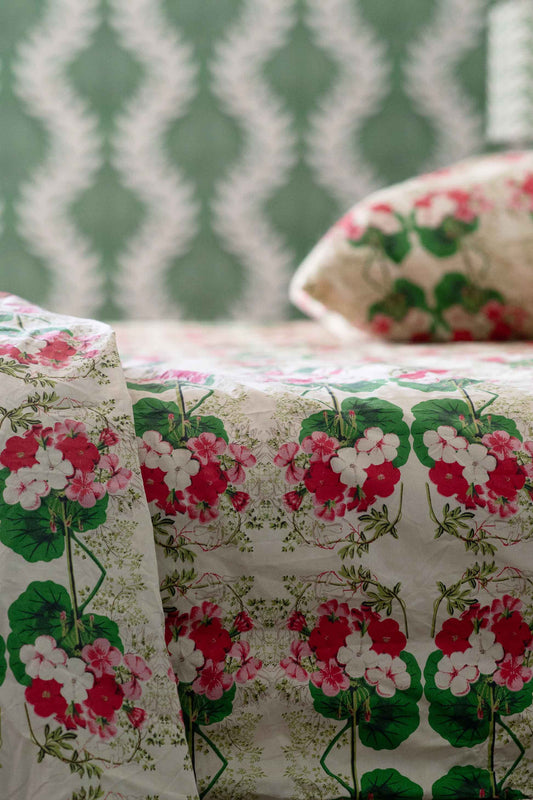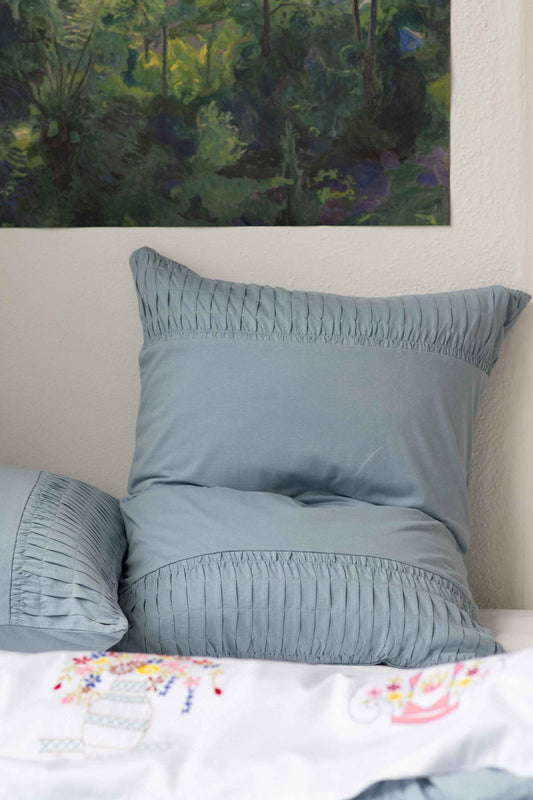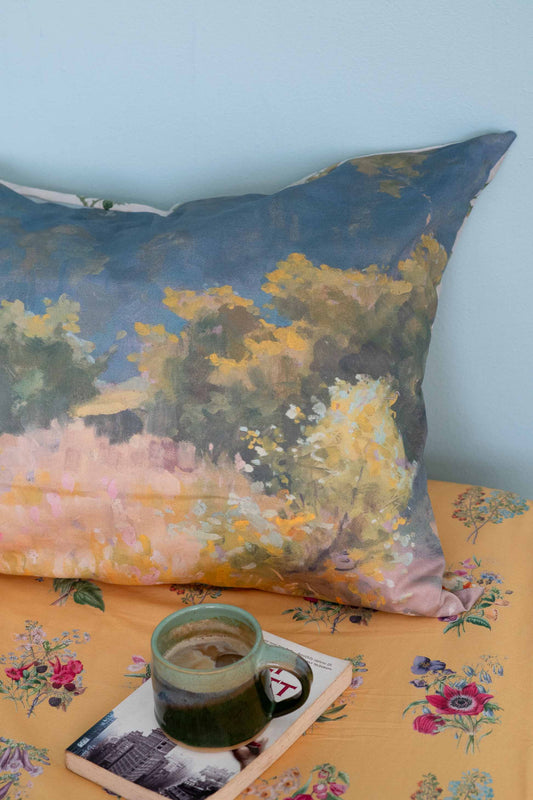
Wooden chopping boards are gentler on your knives, help you avoid petrochemical plastics in the kitchen, and are simply just lovely to use and look at!
Cutting boards and grazing boards made from wood can however dry out, crack and warp if not cared for properly. Hand washing with a mild natural detergent is important, but you also need to oil the board regularly with a food safe plant oil. This will ensure that your wooden board lasts a lifetime.
Wooden chopping board care
1. Use a dough scraper or metal spatula to gently scrap off stuck on food.
2. Always hand wash both sides of the board with a gentle natural dish washing liquid or castile soap and your favourite dish sponge.
3. When the board is looking dull or faded, apply a food safe oil, such as Gilly's Citrus Chopping Board Oil. Simply wipe on with a soft reusable cloth, and rub back to remove any excess.
4. To remove stains and odour, occasionally sprinkle coarse salt or bicarbonate of soda over both surfaces and rub the granules around with half a lemon. Rinse with hot water to remove any stains.
If the board is used heavily, it's worth doing a deep conditioning treatment a few times a year. Apply the oil liberally and leave overnight. Wipe away any oil that has not soaked in the next day.
Which oils to avoid
Vegetable oils such as olive oil, canola oil, or sunflower oil, should not be used on cutting boards because these oils can become rancid.
Mineral oil or liquid paraffin is derived from petroleum. While it is meant to be flavourless, we just don't see the need to be extracting fossil fuels and ingesting them by using a food preparation surface.
Liquid beeswax - an extra rich feed
Gilly's responded to customer requests for a blend of wax and oil, which would provide an extra feed but still be as easy to apply as the Lemon and Orange Oils. And so, their Liquid Beeswax was born. Made using a combination of citrus solvent, plant oils and pure beeswax, like the other oils, Liquid Beeswax can be applied with a brush or cloth. Its fragrance is similar to the Orange Oil but a little more subtle. It is cloudy in the bottle but does dry clear on the timber.
Other wooden items
Wooden cleaning brushes need oil too

As cleaning brushes are often submerged in water, they could do with an extra protective layer of Food Safe Wax to seal in the nourishing oils.

First you oil to hydrate with Gilly's chopping board oil, allowing the wood to dry thoroughly, and then apply fine layers of the Food Safe Wax buffing and drying in between.
Wooden and bamboo items that you can oil and wax to prolong their life:
Winestains grazing platters and glass holders
Natural fibre cleaning brushes
See the full Gilly's range here >
MORE RESOURCES
We also stock a range of furniture wax and products to help you care for wooden furniture.
Make your own DIY furniture polish





































